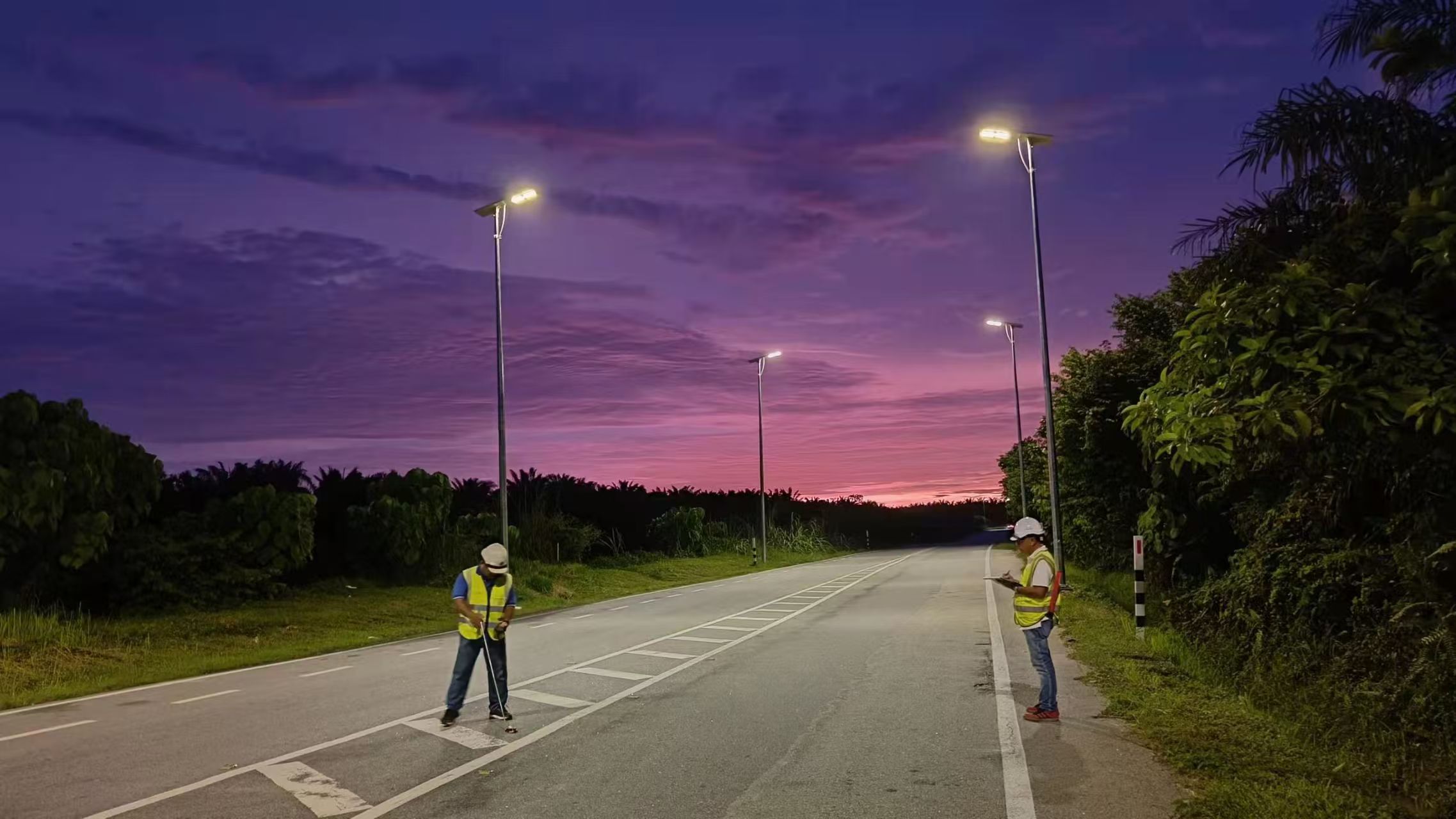Future of Urban Lighting: Solar Street Lights
In an era where sustainability and energy efficiency are paramount, solar street lights have emerged as a game-changer in urban and rural lighting solutions. These eco-friendly lights harness the power of the sun, reducing electricity costs and carbon footprints while providing reliable illumination.
How Do Solar Street Lights Work?
Solar street lights operate through a simple yet efficient mechanism:
Solar Panels – Photovoltaic (PV) panels absorb sunlight during the day and convert it into electricity.
Battery Storage – The generated energy is stored in rechargeable batteries (usually lithium-ion or lead-acid) for nighttime use.
LED Lights – Energy-efficient LED bulbs provide bright illumination while consuming minimal power.
Smart Controller – Many modern solar street lights come with automatic sensors that turn the lights on at dusk and off at dawn, optimizing energy use.
Benefits of Solar Street Lights
1. Energy and Cost Savings
No dependency on grid electricity, leading to zero electricity bills.
Low maintenance costs compared to traditional street lights.
2. Environmentally Friendly
Zero carbon emissions – Solar power is clean and renewable.
Reduces reliance on fossil fuels.
3. Easy Installation & Independence from Grid
No need for extensive wiring or underground cables.
Ideal for remote areas where grid power is unreliable or unavailable.
4. Enhanced Safety & Reliability
Automatic operation ensures consistent lighting.
Reduces dark spots in streets, improving public safety.
5. Long Lifespan
High-quality solar LED lights can last 5-7 years or more with minimal maintenance.
Applications of Solar Street Lights
Urban streets, highways, and residential areas
Parks, parking lots, and campuses
Rural and off-grid villages
Industrial zones and security lighting
Challenges & Considerations
While solar street lights offer numerous benefits, some factors must be considered:
Initial cost can be higher than conventional lights (though long-term savings offset this).
Battery replacement may be needed after a few years.
Weather dependency – Efficiency may drop in regions with prolonged cloudy days.
The Future of Solar Street Lighting
With advancements in battery technology, smart sensors, and more efficient solar panels, solar street lights are becoming even more reliable and affordable. Governments and municipalities worldwide are increasingly adopting them as part of smart city initiatives and sustainable development goals.
Solar street lights are not just a trend—they are a sustainable, cost-effective, and future-proof lighting solution. As solar technology continues to evolve, we can expect even greater efficiency and wider adoption, paving the way for a brighter, greener future.
Are you considering solar street lights for your community or project? Share your thoughts in the comments!









